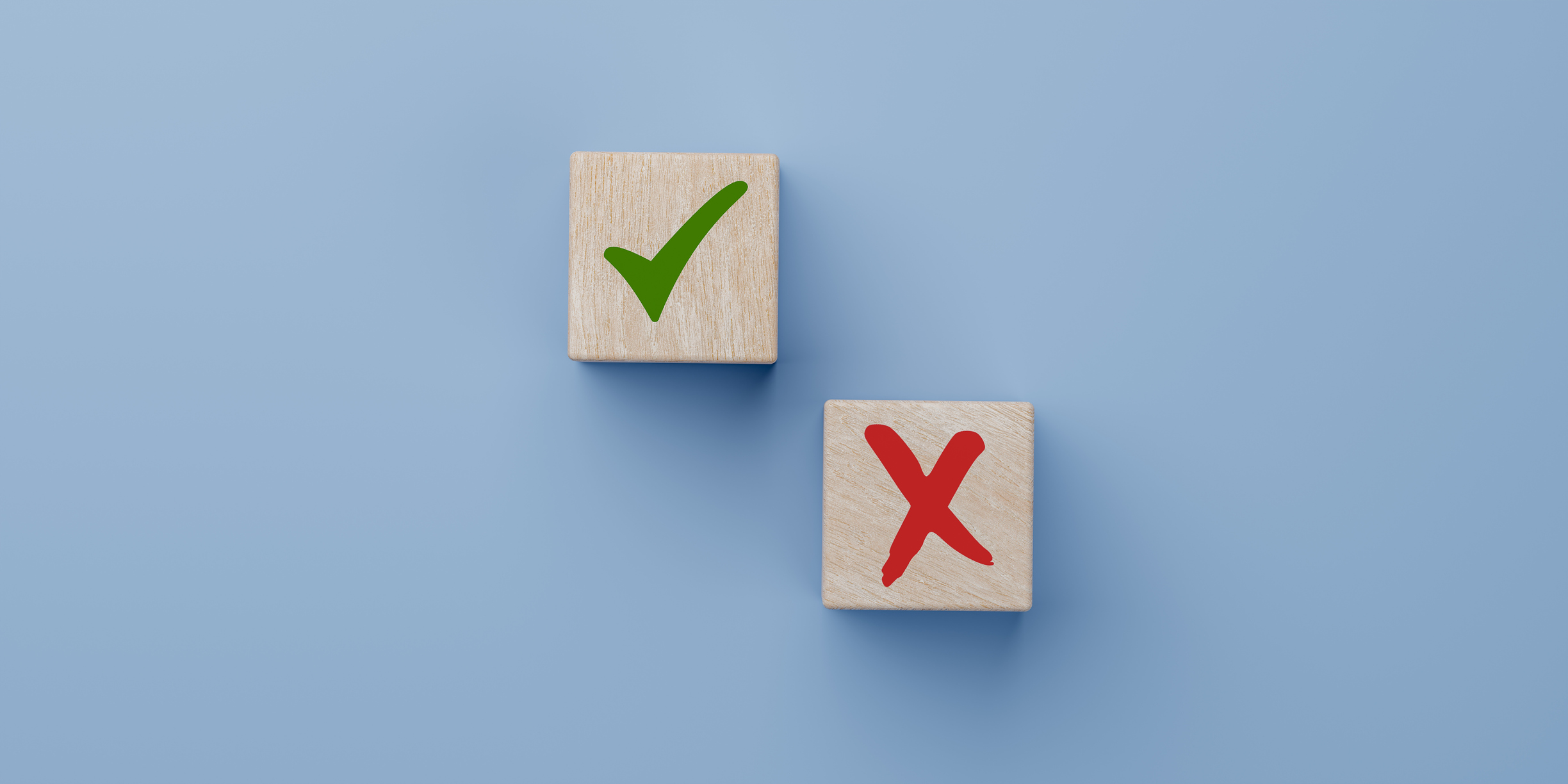
Capital gains taxes are in the news again. Some voters face a pivotal Election 2024 decision this November (a few short weeks away), determining the fate of one such tax aimed at high earners.
Initiative 2109 calls for repealing Washington state’s capital gains tax,. The levy was implemented a couple of years ago and has since been controversial.
Why does this matter if you don’t live in Washington? The Washington vote could impact broader discussions on tax policy.
Essentially, upholding or rejecting this capital gains tax could spur debate about taxes on investment income in the United States or using targeted taxes on high earners in other states to fund essential programs. Here’s more of what you need to know.
Washington capital gains tax
As Kiplinger previously reported, the Washington capital gains tax imposes a 7% levy on profits exceeding $250,000 from the sale of assets, including stocks and bonds. In its first year, the tax generated approximately $786 million in revenue, with collections reaching over $400 million by mid-May 2024.
Up to $500 million of tax revenue reportedly supports education, early learning, and childcare programs. Excess funds are directed to school construction and renovations.
Initiative 2109 is led by Let's Go Washington, an organization sponsored by hedge fund manager Brian Heywood. Its goal is to repeal the Washington capital gains tax.
If voters vote against the tax, state fiscal estimates are that the state could lose $2 billion in revenue over the next five years.
Arguments in favor of repeal
Some supporters of I-2109 argue that the capital gains tax isn’t needed. They contend the tax:
- Is unpopular among voters who have historically rejected income taxes in the state
- Could lead to broader taxation in the future, potentially paving the way for a full-fledged state income tax
- Makes Washington less attractive for businesses and investors
Some worry the tax could be expanded to target small business owners, family farms, and entrepreneurs, while others say the state government should prioritize spending rather than new taxes.
Arguments against repeal
Some opponents of Initiative 2109 argue repealing the tax would:
- Create a significant budget shortfall, potentially impacting funding for essential services
- Benefit only the wealthiest 0.2% of Washington residents while shifting the tax burden to others
- Eliminate a source of funding for critical programs that support children and families
Some advocates of the tax believe repealing it could exacerbate the state's tax system, which disproportionately affects lower-income residents. Another argument is that the tax helps maintain and expand essential services for children and families.
Election polls
Recent polling on the issue is mixed. One survey conducted by SurveyUSA for The Seattle Times, KING 5, and the University of Washington's Center for an Informed Public found that respondent voters favored repealing the tax by a 2-to-1 ratio.
- 46% would vote to repeal the state's capital gains tax
- 23% would oppose the repeal (vote to retain the tax)
However, in that same poll, nearly a third of respondents remained undecided.
Capital gains taxes: Bottom line
The debate over Initiative 2109 reflects larger discussions about Washington's tax structure and funding priorities. Some supporters of the tax argue it helps balance the state's regressive tax system, while opponents claim it threatens Washington's business-friendly reputation.
On that note, the Tax Foundation ranks Washington 35th overall in its 2024 state business tax climate survey. However, the Evergreen State has no corporate or personal income tax, so some consider that tax-friendly. (Though living in any state without an income tax doesn't necessarily translate to a lower overall tax burden.)
It should also be noted that the capital gains tax reportedly only impacts less than 4,000 Washington taxpayers, out of about 3.8 million state returns filed.
What happens in Washington could fuel related debates. For example, in the presidential election, Democratic nominee VP Kamala Harris is calling for a 28% capital gains tax rate on high earners, if elected.
- That rate is notably less than President Biden's desire to nearly double the current 20% capital gains tax rate.
- Recent polls indicate voters generally favor Harris' approach.
Related: Harris vs. Trump: Whose Tax Plans Are More Popular With Voters?
However, after the U.S. Supreme Court upheld a mandatory repatriation tax that some considered a "wealth tax" on unrealized gains, a concern is floating that taxes on unrealized gains could come to fruition. (The reality is a deeply divided U.S. Congress would have to approve any such tax policy.)
Meanwhile, other aspects of federal taxes, from the child tax credit to tariffs, are front and center in the presidential campaign. So, as you weigh your decision on capital gains tax in Washington, stay tuned to each candidate's tax plans to further inform your vote on November 5.







